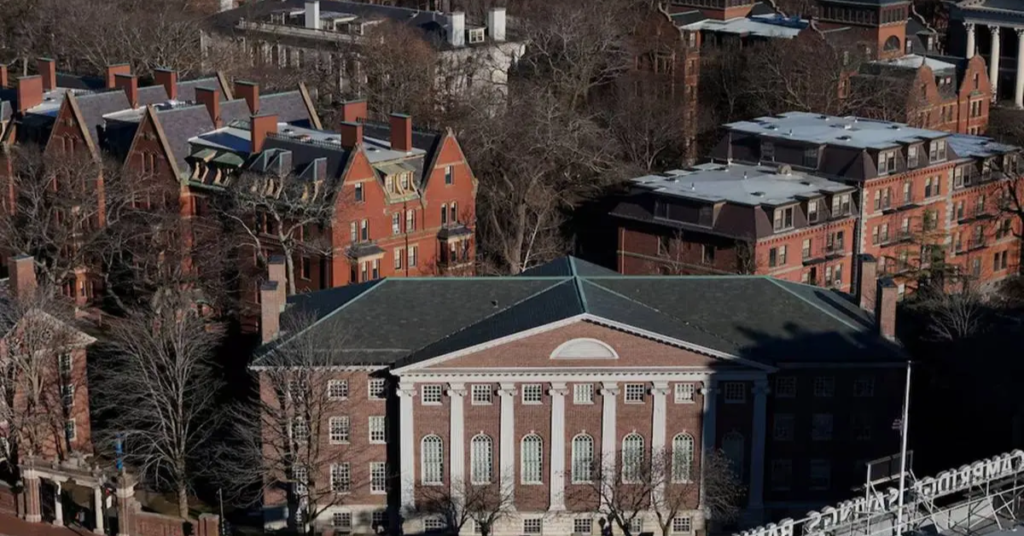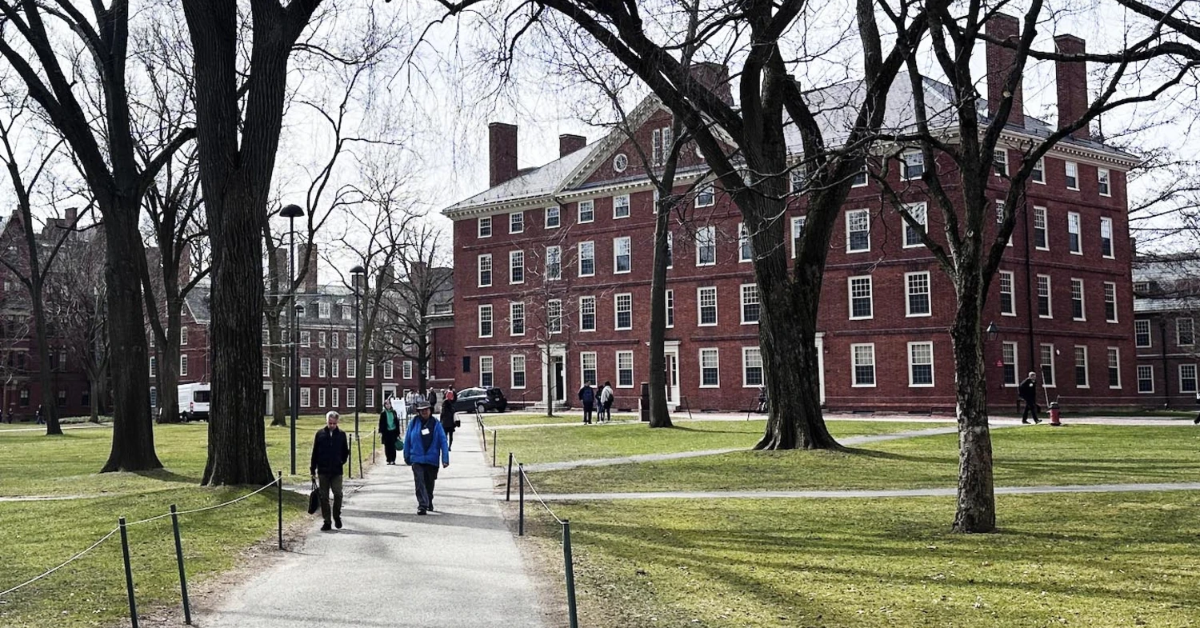The U.S. Department of Education has frozen more than $2 billion in federal funding for Harvard University. This major move came just hours after Harvard publicly rejected President Donald Trump’s administration’s demands that it change its diversity policies.
In a public statement, the Department of Education said it would block $2.2 billion in multi-year grants and another $60 million in contract funds that were previously approved for Harvard. The agency also said it was part of a broader effort to fight antisemitism on college campuses.
This decision shows how the conflict between the Trump administration and U.S. universities is growing. The administration has been putting pressure on several schools, accusing them of being too far left and failing to handle antisemitic behavior on campus. The government has already frozen funding for several other universities and warned that more actions may come if changes aren’t made.
In recent weeks, the Trump administration has started deportation proceedings for foreign students who joined pro-Palestinian protests. On top of that, hundreds of student visas have been canceled. This has led to serious concerns about free speech and academic freedom in American universities.
On Monday, Harvard rejected the government’s demands. These included ending all diversity efforts, changing the way it hires and admits people, and following strict federal guidelines for running the school. Harvard said these demands go against the school’s mission and values and would limit the freedom of faculty and students.
Harvard President Alan Garber wrote a public letter stating that the Department of Education’s demands would give the government too much power over the university. He said that the school should be free to make its own decisions, including who it admits, hires, and what it teaches.
In his letter, Garber made it clear that Harvard would not give up its independence to keep its federal funding. “No government – regardless of which party is in power – should dictate what private universities can teach, whom they can admit and hire, and which areas of study and inquiry they can pursue,” Garber said.
The Department of Education responded by calling Garber’s letter an example of entitlement. It said that universities like Harvard think they can take federal money without following civil rights laws. The department believes schools should be held accountable if they receive government support.
This situation began before Trump took office again. After the 2023 Hamas attack on Israel, followed by Israeli military action in Gaza, protests broke out on many college campuses. Some of these protests were seen as antisemitic by critics, which led the federal government to begin investigations.
On Monday, White House spokesman Harrison Fields said President Trump is focused on fixing higher education. He said Trump wants to stop antisemitism in schools and make sure federal money is not used to support racial discrimination or violence.

Last Friday, the Department of Education sent Harvard a letter with a list of demands. It said Harvard had failed to meet the intellectual and civil rights standards expected of schools that receive federal money. The government asked Harvard to reduce the influence of people who are more interested in activism than academics. It also demanded that an outside group check each department to ensure that different viewpoints are being represented.
The letter included even stricter instructions. By August, Harvard would need to stop giving preference to race, color, or national origin in student admissions and faculty hiring. Instead, all decisions would have to be based on merit. Harvard would also need to check international students to make sure they support “American values” and report those who break conduct rules to immigration officials.
Last week, a group of Harvard professors filed a lawsuit to try to stop the government from reviewing nearly $9 billion in federal funding that Harvard receives. These professors say the government’s actions go too far and violate the university’s rights.
The Trump administration may not stop at Harvard. Reports suggest that Columbia University might be forced to sign a legal agreement to follow the same federal rules about fighting antisemitism. Some Columbia professors have also sued the government, and the administration has already suspended $400 million in funding to that school.
Harvard President Garber said that the demand to audit the political views of faculty and students is a clear violation of First Amendment rights. He stated that the university would not allow the government to decide which ideas are acceptable on campus.
He explained that while Harvard is working to fight antisemitism, it must do so in a way that respects its values and legal rights. “These ends will not be achieved by assertions of power, unmoored from the law, to control teaching and learning at Harvard and to dictate how we operate,” Garber said.
Earlier this year, Harvard settled lawsuits claiming the school had become a center for antisemitic behavior. As part of that deal, Harvard agreed to take more steps to protect Jewish students.
To make up for the loss of federal money, Harvard is now trying to borrow $750 million from Wall Street. This move is seen as a way to keep university programs running while the fight with the government continues.
As of now, there is no agreement between the government and Harvard. Both sides remain firm. The Trump administration insists that schools that take public money must meet its standards, especially on civil rights and antisemitism. Harvard says it will not let the government interfere in academic freedom or control how the school operates.
This situation could become even more important in the months ahead, especially as other universities face similar pressure. Legal challenges are already in motion, and the decisions made in these cases may shape the future of higher education in the U.S. for years to come.
Disclaimer: This article has been meticulously fact-checked by our team to ensure accuracy and uphold transparency. We strive to deliver trustworthy and dependable content to our readers.








